Former British prime ministers are not exactly thin on the ground: an unlucky seven roam the plains of the international speaking circuit. Copies of their memoirs may still lurk in charity shops but Rakewell was, nevertheless, rather tickled by the title of Liz Truss’s recently published, soon-to-be-remaindered effort: Ten Years to Save the West. Your roving correspondent counts themselves a reasonably careful reader, but is puzzled by the proposed timescale. In the absence of any arguments based on civilisational achievements, it’s also not entirely clear what is worth saving. No one is expecting Truss to come out for Tintoretto, but the view of society she presents is extremely bleak, and not in a thrilling, Blade Runner-ish way.
Still, it’s bad form to criticise books for not being what they were never meant to be. If one thing comes across from the memoir – perhaps the subtitle of Lessons from the Only Conservative in the Room provides a clue – it is the former PM’s sense of being ganged-up on in office, beset by the forces of the ‘global left’: the Treasury, the Office of Budget Responsibility and, er, the Bank of England.
But perhaps the Old Lady of Threadneedle Street is more of a rogue player than is generally supposed? It certainly has cultural interests if the Bank of England Museum is anything to go by. It is currently hosting a temporary exhibition called ‘The Future of Money’, which poses thought-provoking questions such as ‘Can the tooth fairy go cashless? Are cryptoassets money? Who decides how we pay?’ However the show immediately before that was ‘Slavery & the Bank’, which reflected on ‘how the wealth created through transatlantic slavery shaped the development of Britain’. Perhaps Truss should stick to the exhibition at hand, which includes a charming selection of piggy banks; Rakewell’s favourite is, naturally, the Raphael (as in Teenage Mutant Ninja) box. Culture and finance were inextricably linked in the Renaissance and, unlike someone who couldn’t outlast a lettuce, it may be wiser to take a longer view.
Unlimited access from just $16 every 3 months
Subscribe to get unlimited and exclusive access to the top art stories, interviews and exhibition reviews.


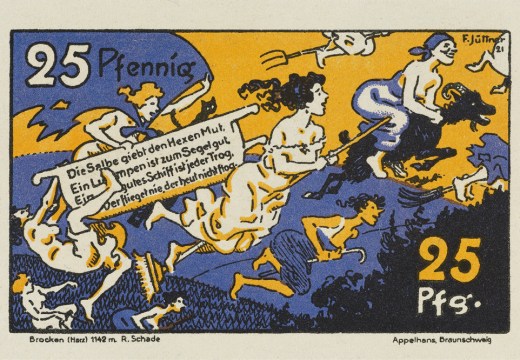
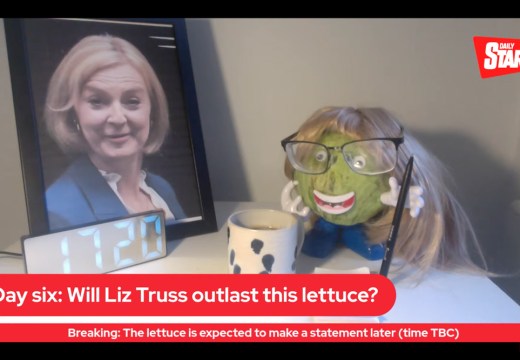
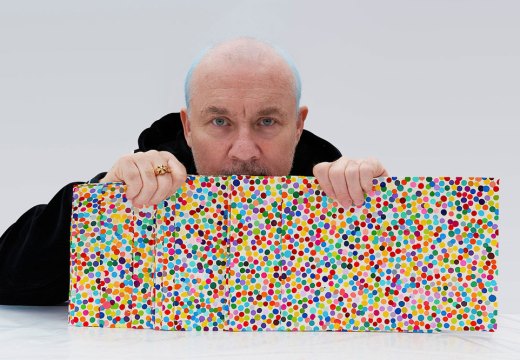
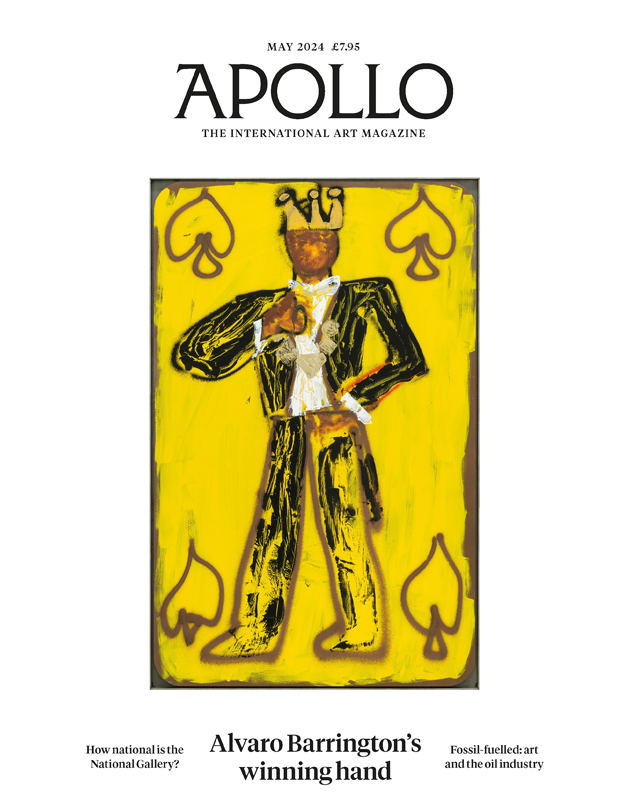






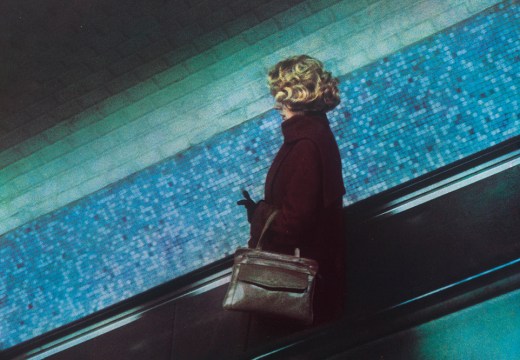

![Masterpiece [Re]discovery 2022. Photo: Ben Fisher Photography, courtesy of Masterpiece London](http://www.apollo-magazine.com/wp-content/uploads/2022/07/MPL2022_4263.jpg)
Has arts punditry become a perk for politicos?